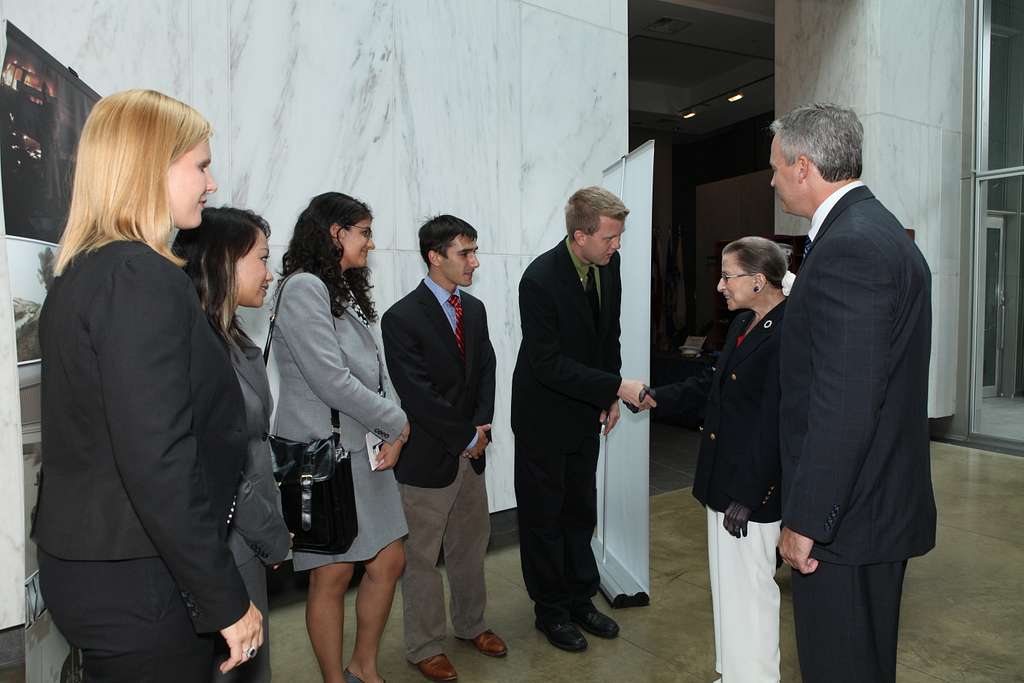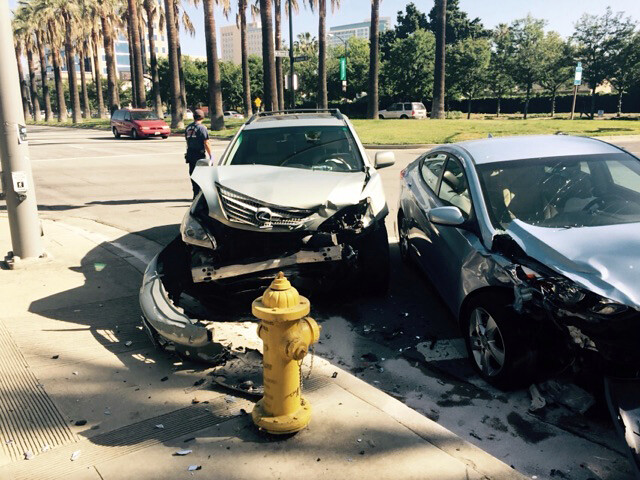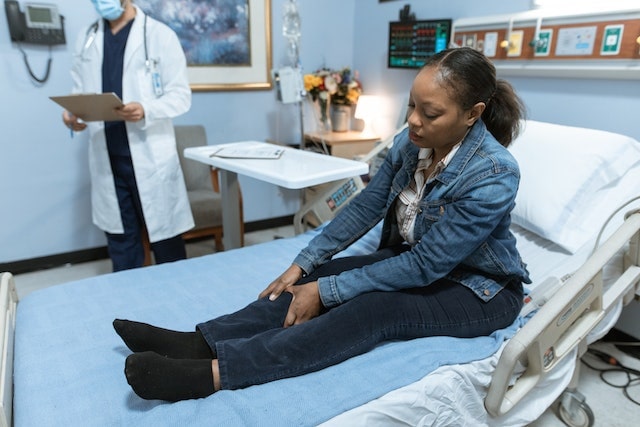Gurin v Pogge, 2013 NY Slip Op 08174 (3d Dept. 2013)
“In November 2011, defendants moved to vacate the default judgment, putting in dispute the contents of the indemnification agreement that Pogge signed. In an affidavit in support of defendants’ motion to vacate, Pogge asserted that he knowingly defaulted because the indemnification agreement he signed did not contain a fourth handwritten provision that would hold him personally responsible for plaintiffs’ losses.’
“Supreme Court declined to vacate the default judgment pursuant to CPLR 5015 (a) (1), finding that defendants did not demonstrate a reasonable excuse for their default. Instead, the court vacated the judgment against Pogge individually “for sufficient reason and in the interests of substantial justice.” Plaintiffs now appeal.”
In order to obtain vacatur of a default judgment under CPLR 5015 (a) (1), a party must demonstrate a reasonable excuse for the default and a meritorious defense (see Eugene DiLorenzo, Inc. v A.C. Dutton Lbr. Co., 67 NY2d 138, 141 [1986]; Wade v Village of Whitehall, 46 AD3d 1302, 1303 [2007]). However, the grounds set forth in CPLR 5015 are not exclusive, and courts retain “inherent discretionary power” to vacate their own judgments “for sufficient reason and in the interests of substantial justice” (Woodson v Mendon Leasing Corp., 100 NY2d 62, 68 [2003]; Boyd v Town of N. Elba, 28 AD3d 929, 931 [2006], lv dismissed 7 NY3d 783 [2006]; Matter of Culberson, 11 AD3d 859, 861 [2004]). Notably, the decision to vacate “a default judgment lies within the discretion of the trial court . . . [and] should not be disturbed unless it reflects an ‘improvident exercise of discretion'” (Chase Manhattan Automotive Fin. Corp. v Allstate Ins. Co., 272 AD2d 772, 773 [2000], quoting Lucas v United Helpers Cedars Nursing Home, 239 AD2d 853, 853 [1997]).”
Affirmed.
Oh ye Third Department, how you live in your own world.












